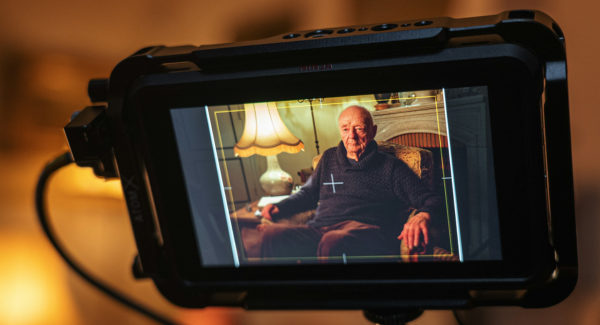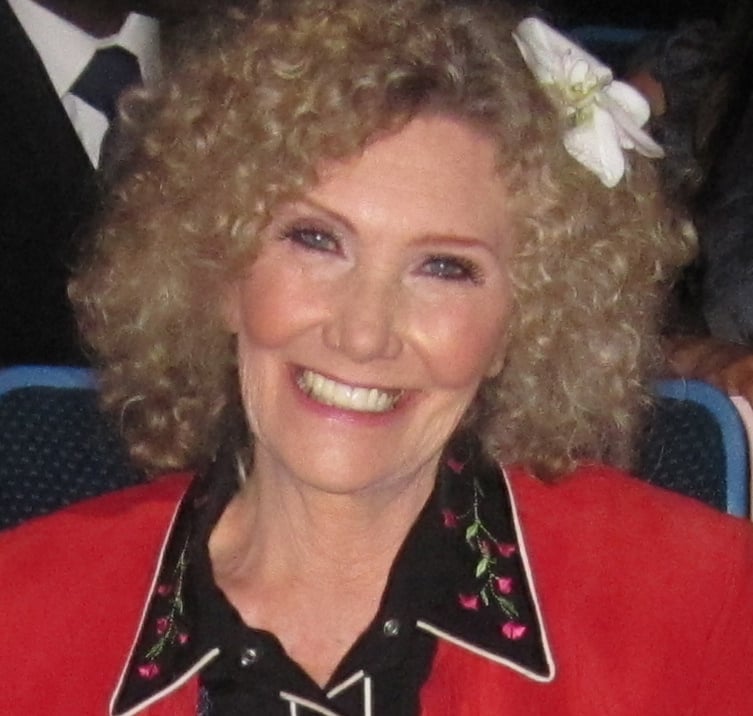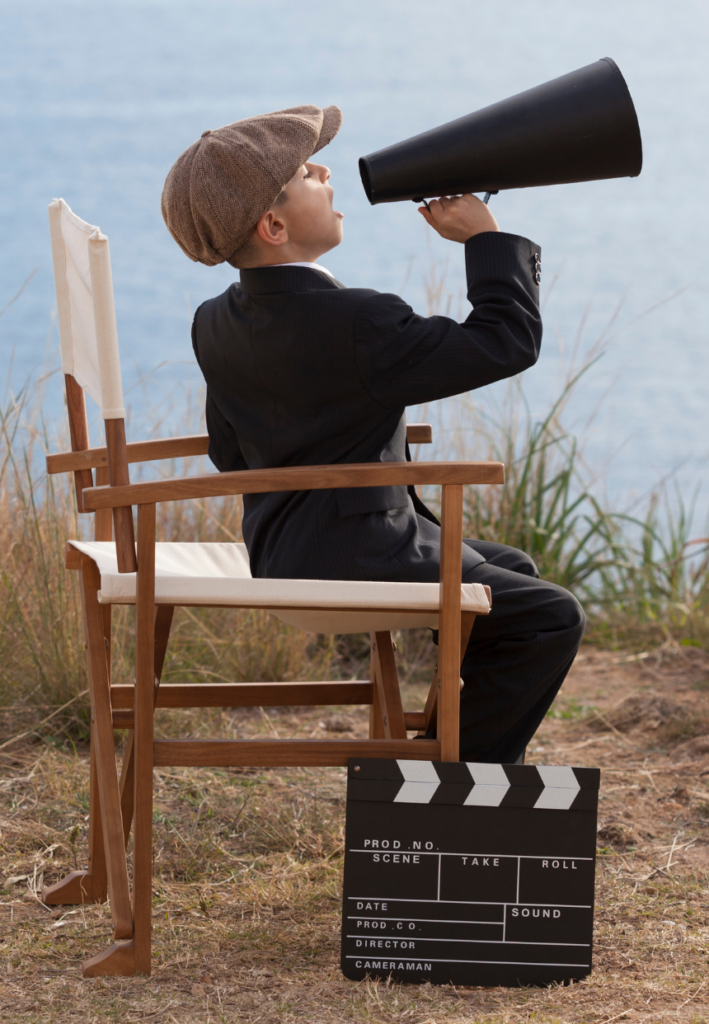Essential Legal Advice for Documentary Filmmakers from Attorney Robert Seigel
by Carole Dean
Documentary filmmakers live in a world of truth-telling — where real people share their stories and experiences through our cameras. But in that same world, every piece of footage, every voice, and every image brings responsibility.

Too often, filmmakers focus so deeply on the creative that they forget to protect their work. Legal preparation is part of filmmaking. It safeguards not just your film, but your ability to share it with the world.
We were very fortunate to have entertainment attorney Robert Seigel share his wisdom in our latest Learn Producing Course. His advice was clear and direct: skipping legal strategy isn’t optional. It’s essential.
The Legal Landscape: Why You Can’t Ignore It
Robert began with a warning many filmmakers need to hear:
“Skipping the legal side is not optional. It could be very hazardous.”
Documentaries rest on real people, real places, and real events — which means higher legal exposure than fiction films. The moment you begin working with interviews, archival material, or music, legal issues become part of your production plan.
Distributors and broadcasters will not license your film unless you can prove clear ownership of every element. This means you’ll need signed releases, clear chain of title, and documentation for all third-party materials.
Planning early saves time, stress, and often thousands of dollars later.
Fair Use: Handle with Care
Few areas confuse filmmakers more than fair use. Robert explained that while fair use allows for limited use of copyrighted content in certain cases — such as commentary or criticism — it’s not a free pass.
“Fair use is fact-specific and unpredictable,” he said. Courts examine the purpose of the use, the amount used, and whether it affects the market for the original work. Giving credit doesn’t protect you. You must keep records that justify why your use qualifies.
When in doubt, clear the material or license it. The cost of permission is far less than the cost of litigation.
The Power of the Release Form
Every person appearing in your film — from your main subjects to people in the background — should sign a release form. Robert recommends language that covers all media, worldwide, and in perpetuity.
If someone becomes a key subject, you may need a more detailed life rights or access agreement. These documents not only protect your right to use their image and story, but also reassure distributors that your film is legally secure.
Releases also reflect respect. They help ensure that everyone involved knows how their likeness and words will be used, and that their participation is fully informed.
Avoiding Defamation and Privacy Lawsuits
Documentaries rely on accuracy. A single false or misleading statement can lead to claims of defamation or invasion of privacy.
Robert’s advice was practical:
- Fact-check every statement.
- Offer subjects the chance to respond or clarify.
- Distinguish opinion from fact.
A disclaimer alone — such as “based on true events” — does not protect you. Courts and distributors both expect filmmakers to demonstrate due diligence in verifying content.
Contracts and Chain of Title
Contracts form the backbone of your film’s legal structure. Contributor agreements, location releases, music and archival licenses, and distribution agreements all establish what rights you have and how they can be used.
A clean chain of title — a complete record proving ownership or permission for each element — is critical. Missing documents can stop your film from being broadcast, streamed, or sold.
Robert reminded filmmakers to include everything in this process: logos, background music, incidental sounds, and visuals captured on set. Even minor details can raise questions later if not cleared properly.
Errors & Omissions Insurance
Most distributors require Errors & Omissions (E&O) insurance before licensing your film. This coverage protects against claims such as defamation, copyright infringement, or invasion of privacy.
Robert recommends maintaining E&O coverage for at least three years after your film’s release. The type of coverage — and whether it extends beyond the policy term — should be discussed with both your attorney and insurance broker.
When asked about AI-generated music and visuals, Robert noted that copyright protection applies only to human creators. Content created purely by AI may not qualify for copyright protection, so verify whether you have the legal right to use it before distribution.
When to Bring in Legal Counsel
Robert’s most valuable piece of advice was simple: bring an entertainment attorney in early.
“Better now than trying to retrofit your project after the fact.”
If your film uses real-world footage, controversial material, or high-profile subjects, early legal input helps prevent problems later. Legal guidance during development can keep your project on track through production and distribution.
A knowledgeable attorney doesn’t just fix problems — they help you avoid them.
Protecting Your Vision
Robert Seigel’s class was a powerful reminder that legal protection is not separate from the creative process — it’s part of it.
When you secure releases, clear rights, and document ownership, you build a stronger foundation for your art. You protect your participants, your reputation, and your ability to share your film with confidence.
At From the Heart Productions, we believe that learning these skills empowers filmmakers to bring their stories safely and successfully to the world.
Guiding Independent Filmmakers Through Legal Success
With over twenty years of experience representing filmmakers, writers, distributors, and performing artists, Robert Seigel has negotiated with HBO, PBS, and leading streaming platforms. He brings expertise in development, financing, production, and licensing, helping artists understand contracts and protect their rights. His guidance empowers creators to confidently navigate issues of ownership, royalties, and revenue.
Discover more about Robert Seigel and the services he provides, or contact him directly at Rlsentlaw@aol.com
Want to go deeper?
Join our Learn Producing Course, where industry experts like Robert Seigel share their professional knowledge with independent filmmakers at every level.
👉 Visit From the Heart Productions to learn more about protecting, funding, and distributing your film.

Carole Dean is president and founder of From the Heart Productions; a 501(c)3 non-profit that offers the Roy W. Dean Film Grants and fiscal sponsorship for independent filmmakers.
She is creator and instructor of Learn Producing: The Ultimate Course for Indie Film Production. Essential classes for indie filmmakers on how to produce their films.
She hosts the weekly podcast, The Art of Film Funding, interviewing those involved in all aspects of indie film production. She is also the author of The Art of Film Funding, 2nd Edition: Alternative Financing Concepts. See IMDB for producing credits

